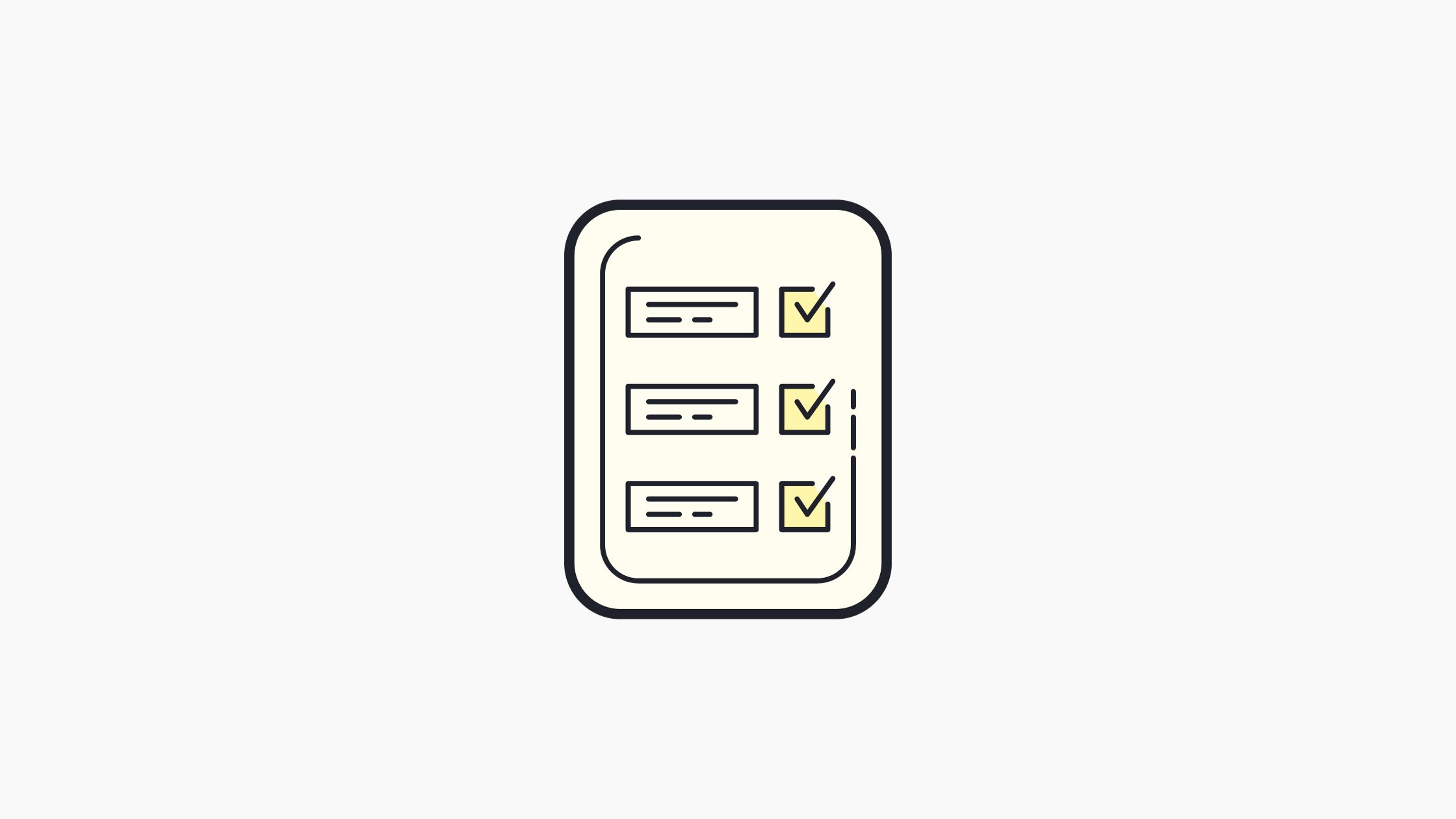Have you ever wondered how the digital age has revolutionized the way we manage student results in schools? The digital transformation of student result management stands as a testament to the ever-evolving landscape of learning.
Over the past decade, we have witnessed a seismic shift in the way schools and institutions handle student results. What was once a labor-intensive and time-consuming process has now become a streamlined, tech-driven endeavor.
It’s crucial for the schools to adopt the changes to improve and optimize the result management processes to cater to the students’ and overall school’s growth. And in order to do that, school teachers and administrators need to discover how schools across the globe are embracing advanced result management systems and solutions at an unprecedented pace to enhance efficiency, transparency, and overall educational excellence.
To ease your task, in this blog, we will explore the journey of this transformation, shedding light on the pivotal role it plays in modern education. So, let’s get started!
What Does Student Result Management Mean?
Student Result Management refers to the systematic and organized process of collecting, recording, analyzing, and disseminating academic performance data and outcomes of students within an educational institution.
This comprehensive management approach encompasses various aspects, including grading, assessment, examination, and reporting. It aims to efficiently track and communicate student progress and achievements throughout their educational journey, providing valuable insights for educators, students, parents, and administrators.
Student Result Management involves the following key components:
- Data Collection: This stage involves gathering data on student performance, typically in the form of test scores, assignment grades, attendance records, and other relevant academic metrics. Data can be collected manually or through automated systems.
- Data Recording: Once collected, the data is meticulously recorded and stored in a secure and organized manner. This step ensures that academic records are accurate, accessible, and maintained over time.
- Data Analysis: The collected data is then analyzed to gain insights into student performance trends, strengths, weaknesses, and areas for improvement. Data analysis aids educators in making informed decisions about curriculum, teaching methods, and individualized support for students.
- Grading and Assessment: Grading and assessment processes are integral to Student Result Management. These processes involve assigning scores or grades to student work, often based on predetermined rubrics, standards, or learning objectives.
- Reporting: The results are compiled and communicated to various stakeholders, including students, parents, teachers, and administrators. Comprehensive reports may include report cards, progress reports, transcripts, and other formats that provide a clear overview of a student’s academic journey.
- Data Security: Protecting student data and ensuring its confidentiality is a critical aspect of Student Result Management. Schools and institutions must implement robust data security measures to safeguard sensitive academic information.
- Integration: In modern education systems, Student Result Management is often integrated with other school management systems, such as student information systems (SIS) and learning management systems (LMS). This integration facilitates seamless data flow and reduces administrative burdens.
See More: Why Does Your School Need an Online Fee Management System?
Digital Transformation in Student Result Management System: Things To Know

It’s been a while that the digitization of student result management systems has emerged as a game-changer. Schools and institutions are rapidly embracing technology to streamline, enhance, and modernize the way they manage student results.
This digital transformation is not only reshaping the administrative aspects of education but also revolutionizing the learning experience itself. Now let’s delve into the key aspects of this digital transformation –
1. Improved Efficiency, Accuracy, and Beyond
Embracing digital tools for comprehensive result management brings a multitude of benefits to schools and institutions. It significantly reduces the administrative burden on teachers and administrators, allowing them to focus more on their core mission: educating students. Automated calculations, instant grade updates, and seamless data sharing simplify tasks that were once time-consuming.
Moreover, digital systems offer enhanced accuracy, reducing the risk of errors in result calculation and record-keeping. Additionally, the ability to generate comprehensive reports and analytics in real-time provides educators with valuable insights into student performance, enabling data-driven decision-making.
2. Integration with Student Information Systems (SIS)
In today’s educational ecosystem, the integration of Student Result Management Systems with Student Information Systems (SIS) is pivotal. This integration ensures that data flows seamlessly between various administrative and academic functions within the institution.
When student result data is integrated with the SIS, it becomes a part of the broader student record, enabling educators to access a holistic view of each student’s academic journey. This integration also facilitates automatic updates to student profiles, course enrollment, and more, reducing redundancy and enhancing data accuracy.
3. Customization for Unique Needs
One of the standout advantages of modern digital result management systems is their flexibility and customization options. Schools can tailor these systems to align with their unique grading systems, assessment methods, and reporting standards.
Customization goes beyond aesthetics—it includes the ability to define grading scales, assign weights to assignments, and incorporate specialized data fields. This level of adaptability ensures that the system meets the specific needs and objectives of each institution.
4. Enhanced Data Security and Privacy
As digital systems handle sensitive student data, robust data security and privacy measures are paramount. Modern Student Result Management Systems are equipped with encryption, access controls, and secure user authentication to safeguard student information.
Compliance with data protection regulations, such as the Family Educational Rights and Privacy Act (FERPA) in the United States, is a key consideration. Schools must ensure that their chosen systems adhere to these regulations to maintain the privacy and security of student records.
5. Accessibility and Parent Engagement
Digital result management systems offer a significant benefit to parents and guardians by providing real-time access to their child’s academic performance. Parents can log in to the system to view grades, attendance records, and progress reports, fostering a stronger partnership between home and school.
This accessibility not only keeps parents informed but also allows for early intervention when academic challenges arise. It promotes active involvement in a child’s education and encourages open communication between educators and families.
6. The Future of Digital Transformation
As technology continues to advance, the future of digital transformation in student result management holds exciting possibilities. Artificial intelligence (AI) and machine learning (ML) are being harnessed to analyze student performance data and provide personalized insights and recommendations for improvement.
Additionally, mobile apps and cloud-based solutions are making it easier for educators and administrators to access and manage student data from anywhere, further enhancing flexibility and convenience.
7. Data Analytics for Decision-Making
One of the most compelling aspects of digital transformation in student result management is the ability to harness data analytics for informed decision-making. Modern systems are equipped with robust analytics tools that allow schools to gain deeper insights into student performance trends and patterns.
Educators and administrators can use these tools to identify areas where students may be struggling, assess the effectiveness of teaching methods, and tailor interventions to meet individual learning needs. This data-driven approach empowers schools to continuously improve their educational programs and support students on their academic journey.
8. Paperless Communication and Transparency
Digital result management systems promote paperless communication between schools, teachers, students, and parents. Through these systems, important documents, including report cards, progress reports, and announcements, can be easily shared electronically, reducing the need for printing and manual distribution.
Moreover, the transparency provided by digital systems enhances accountability and trust within the school community. Parents and students can access their academic records and results in real-time, ensuring that everyone is well-informed about progress and achievements. This transparency fosters a collaborative and communicative environment conducive to educational success.
9. Scalability and Future-Proofing
Scalability is a critical consideration in the digital transformation of student result management. Educational institutions need systems that can adapt to changing needs and accommodate growth over time. Modern systems, often cloud-based, provide scalability that allows schools to expand their usage as their student population and data requirements increase.
By investing in systems that are designed to scale, schools can future-proof their result management processes. This means they can confidently embrace new technologies, accommodate increased data volumes, and adapt to evolving educational standards without the need for major system overhauls.
10. Training and Professional Development
The successful adoption of digital result management systems relies on the proficiency of educators and administrators in using these tools effectively. Training and professional development initiatives are essential to ensure that staff members can maximize the benefits of these systems.
Schools should invest in comprehensive training programs that cover system functionalities, data entry best practices, and troubleshooting procedures. Continuous professional development opportunities should also be provided to keep educators up to date with the latest features and innovations in result management technology.
See More: The Benefits of Using a Mobile-Friendly Result Management System for Teachers
The Bottom Line
The digital transformation of online student result management has brought about a revolution in the educational sphere. Over the years, we have witnessed an extraordinary shift from labor-intensive and error-prone manual systems to streamlined, efficient, and technologically advanced processes. This transformation is not merely a trend but a necessity for educational institutions in today’s fast-paced world.
Schools and administrators must recognize the urgency of keeping pace with this digital transformation. The benefits are evident, ranging from increased efficiency and accuracy in result management to data-driven decision-making that supports academic excellence. Additionally, the integration of result management systems with student information systems and the ability to customize these systems to suit the unique needs of each institution are invaluable advantages in the modern educational landscape.
The future promises even more exciting developments in digital result management. Artificial intelligence and machine learning will continue to enhance data analytics capabilities, providing educators with unprecedented insights into student performance and personalized recommendations for improvement. Furthermore, the convenience and accessibility of mobile apps and cloud-based solutions will further empower educators and administrators to manage student data seamlessly from any location
.
In this sector, Neverskip’s result management system emerges as a valuable solution for schools looking to embrace the digital transformation fully. With its user-friendly interface, easy report card generation, effortless mark entry, and in-depth performance analysis tools, Neverskip’s system caters to all key requirements of modern educational institutions.
As we move forward into the digital age of education, embracing innovative result management solutions like Neverskip’s is no longer an option but a strategic imperative for schools committed to achieving educational excellence.
Book a free demo today to explore more.








